Articles
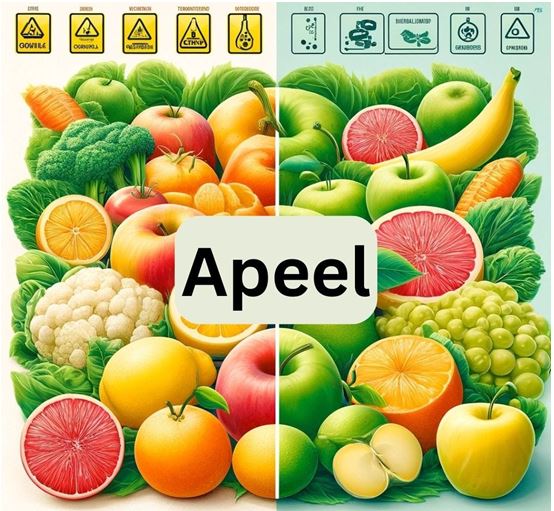
Apeel – saving food waste, good idea or bad science?
Understanding Apeel and Its Implications What is Apeel and how does it work to extend the shelf life of produce? Apeel is an edible, tasteless, odorless, and colorless coating applied to fruits and vegetables to slow down water loss and oxidation, thereby extending shelf life. Who founded Apeel Sciences and […]

“Embracing Holistic Wellness: The Eight Principles of Restoring Health”
The Eight Principles of Restoring Health: A Holistic Approach to Well-Being In our fast-paced modern world, the pursuit of health and wellness has become a priority for many individuals. However, with so much information available and various approaches to well-being, it can be overwhelming to navigate the best path to […]
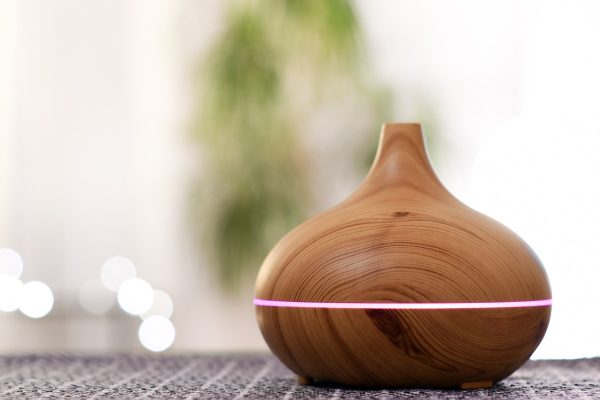
Navigating the Health Impacts of Artificial Fragrances in Everyday Life
In our modern world, artificial fragrances have become an integral part of our daily lives. From perfumes and colognes to scented candles and air fresheners, these pleasant aromas are designed to enhance our sensory experiences. However, the convenience and allure of artificial fragrances raise concerns about their potential impact on […]
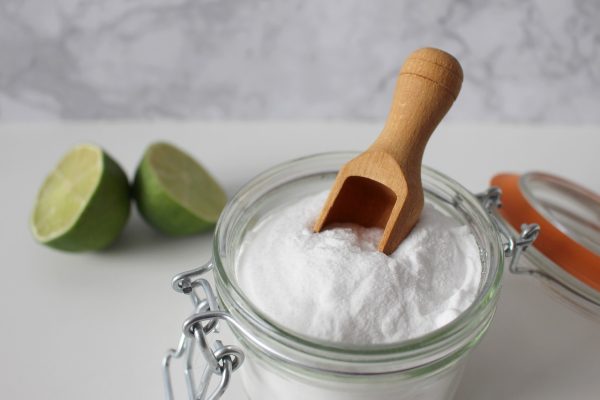
The Versatile Ally in Skincare and Health: Sodium Borate Unveiled
Sodium Borate, commonly known as borax, might just be the unsung hero in your skincare and health regimen. Our unique formulations are created with safe amounts of top grade Sodium Borate to benefit the skin and cause no harm. No more than 0.1%.
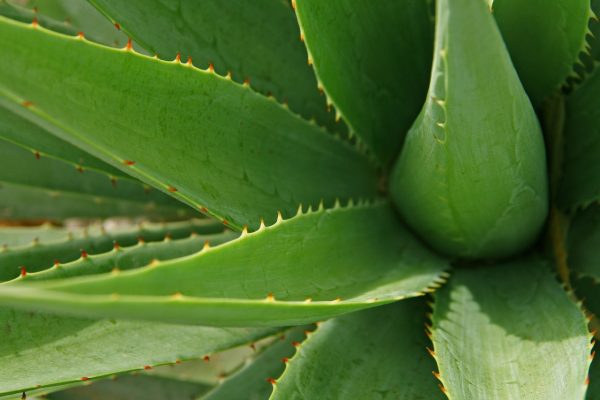
Aloe Vera: Nature’s Elixir for Health and Beauty
Aloe Vera gel is often hailed as a natural wonder due to its numerous health and skincare benefits. Here’s a rundown of what makes this succulent plant a go-to remedy: Skincare Benefits: Moisturisation: Aloe Vera is a fantastic moisturizer. It’s light, non-greasy, and easily absorbed by the skin. Regular use […]
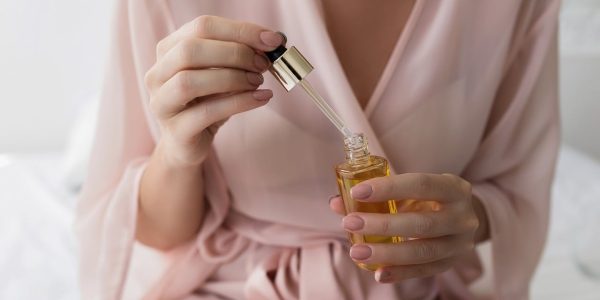
The Fountain of Youth: Exploring the Skincare benefits of Hyaluronic Acid
In the quest for youthful, radiant skin, skincare enthusiasts are constantly seeking out new and effective ingredients. One such ingredient that has gained immense popularity in recent years is hyaluronic acid. Often referred to as the “hydration hero” of the skincare world, hyaluronic acid is a natural molecule that offers […]
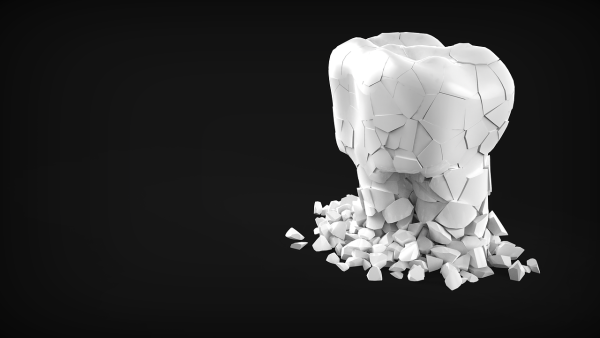
What’s more important than Dental health?
Fluoride is a naturally occurring compound that is commonly added to drinking water in many countries around the world. It is important to note that outside USA most of the rest of the world, including most of Europe, and now Israel, have rejected water fluoridation for good scientifically valid reasons. […]
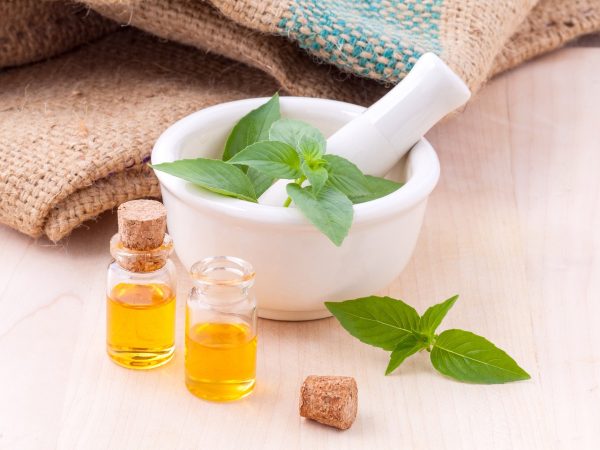
Your health, your choice…perhaps not for much longer!
Letter written January 2023 by L.P of Whangarei – copied with the permission of the author “Dear Emily Henderson (Labour MP – Whangarei) I am writing with regard to the proposed changes to the Therapeutics Products Bill. I would like it to be known that I strongly oppose any changes […]
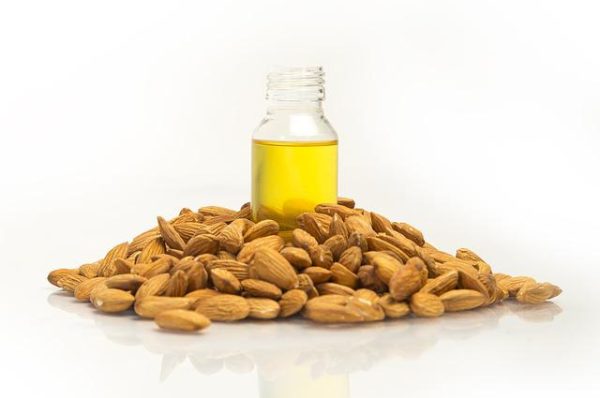
Why Almond Oil is a Girl’s Best Friend
Your skin goes through a lot, so wouldn’t it be handy to have a catch all product to treat it with? Almond oil can soften your skin, slough away cells, and repair scars.

Shine Naturally With Plant-Based Shampoos
We all want to make our hair shine, but sometimes using chemicals to do so feels unnatural. Fortunately, plant-based shampoos support your hair’s natural repair processes, letting you shine naturally as a result.
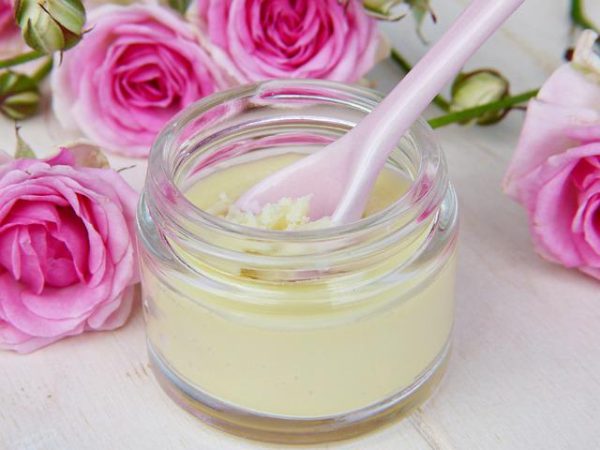
Shea Butter – An African secret you should discover!
If you haven’t yet discovered the magical benefits of Shea butter, now is the time to wake up to them. Regular applications to your skin can produce aesthetic and medicinal benefits.

Real men use organic skin care products
Organic skincare may seem a little fluffy, but real men will avoid the damage synthetic chemicals can do. Fortunately, men’s organic skincare is booming, giving guys plenty of variety.